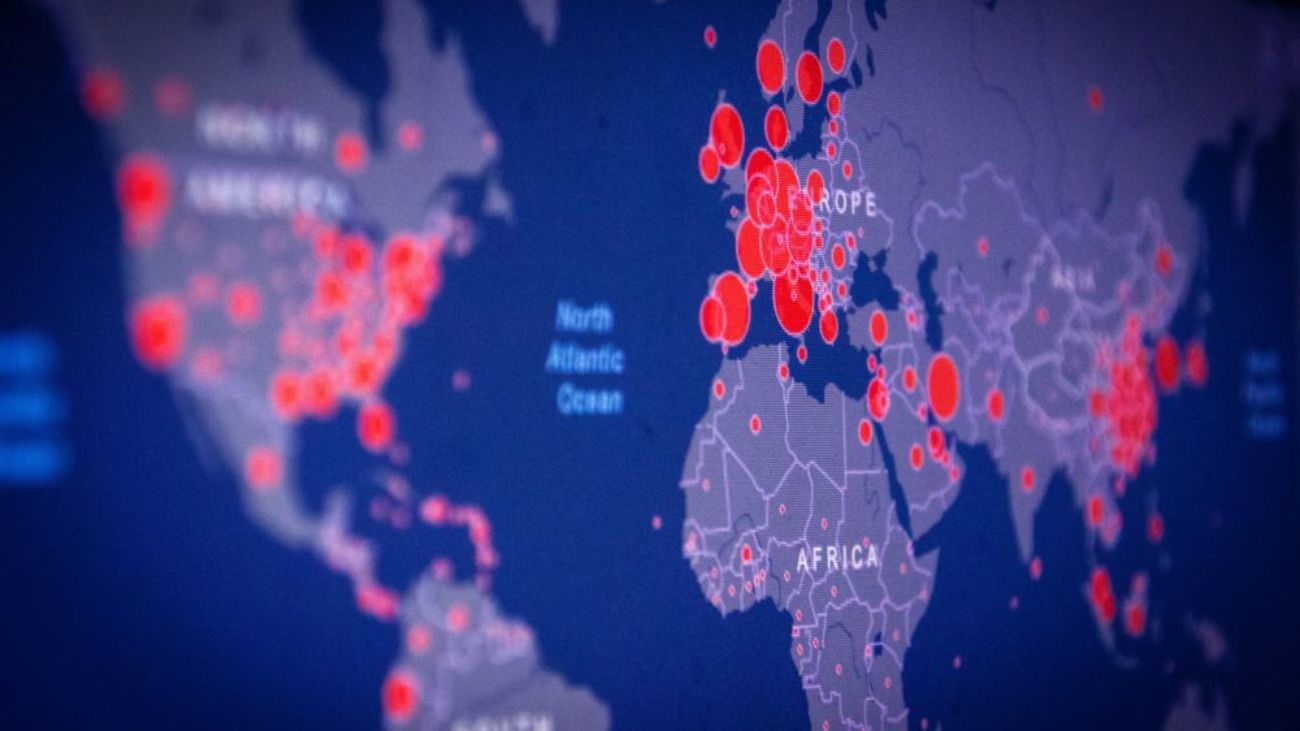The first conference of the European Platform for Dialogue and Cooperation:
Covid-19 in the EU: the degradation of social cohesion and stability was held at February 21, in Zoom online format.
The European Platform for Dialogue and Cooperation, is the joint project of partner organizations from Switzerland and Serbia: Swiss Center for Global Trends and the Center for Geostrategic Studies.
The basic idea behind our joint action: We believe that an open dialogue is more than necessary for the European society in times of geopolitical changes, in order to find the best solutions through discussion and cooperation and to provide answers to many questions concerning the future of European countries.
Our first conference was focused on the following topic: Covid-19 in the EU: the deterioration of social cohesion and stability. The pandemic of the Corona virus and all the events arising from it are very active in all spheres of human life, i.e., in global processes.
The conference was attended by:
Dragana Trifkovic, Director-General, Center for Geostrategic Studies, Stephan U. Breu, DBA, Swiss Center for Global Trends, Dr. Elmar Kuhn, European Academy of Science and Arts, Prof. Dr. Menno Aden, Academic, Arnaud Devaley, International human right lawyer , Konrad Reqas, Polish journalist and economist, Zoran Vitorovic, PhD.
Distinguished guests of the conference were:
Christina Mann, Irmgard Mäntler, Dr. Alois Seidl, Dr. Afsar Rathor;
Dragana Trifkovic и Srephan U. Brau greeted the participants and guests of the conference at the very beginning.
The keynote speaker of the conference was Dr. Elmar Kuhn, from European Academy of Science and Arts. Dr. Kuhn points out that the Covid threats contain at the same time opportunities, and – Covid-19 is also a gamechanger for education in Europe and worldwide. „Covid created a loss of social interaction and argumentation with heart and mimic. As human beings (i.d. according to Aristotle the ’zoon politicon’) we need the experience of the wide range of reactions by other people. But let’s think out of the box: When we look into development countries worldwide, we understand that all our Covid-threats may turn into opportunities for future. If we learn to adopt our educational facilities to more internet exchange and distance learning this could be a real accelerator also for the higher educational opportunities in development countries worldwide. And in Europe this way of education could intensify the European wide transfer of learn groups“.
The first speaker on the panel was Arnaud Devaley, International human right lawyer licensed in Paris and Washington State. The conclusions of his speech were: „In its attempt to maintain control over the financial system, the architects of the Great Reset have been forced to move forward the COVID 19 narrative earlier than what had been initially envisioned.
In doing so, the DAVOS crowd gravely underestimated the need to wait until the time was ripe to achieve corrupting the traditional principles shared by populations who once lived under Communist dystopia as had been done successfully over the last 50 years in the former democratic West.
This in turn revealed ab ibnitio the fundamentally malign nature laying behind the motives of the 2030 Agenda and set the stage for a renewed ideological confrontation which over time will expose the internal contradictions of a project which at its core rejects all transcendence in the name of a Promethean aspiration which itself is doomed to fail“.
The next speaker on the panel was Prof. Dr. Menno Aden, German academic. He pointed out that pandemic has shown us in Europe and around the what it is like if each of us were on our own again –no cooperation , no supply chains, no meeting friends, no theater visits, no public concerts and sports events! Etc. „We have to work hard to repair all the damage the lockdowns and protective measures have caused to our social life and society as a whole. Especially the situation of handcapped groups and children. The social distancing and economic crack-down on individuals situation will have a long-term impact. Reduced trust in our governments and social tensions will support the division of society enormously if economic and social leaders and politicians do not find quick answers to build up new trust into the future potential of our societies.
It follows that for future cases of a regional or perhaps even worldwide pandemic, we must take better precautions to ensure that people do not become strangers to one another. How such precautions can be designed should be left to discussion“.
The third speaker on the panel was Konrad Reqas, Polish journalist and economist, living in Scotland. The conclusions of his speech were: „Characteristic changes known from the last two years: greater virtualisation of the remaining work, the almost complete digitisation of money, the mere increase in power of states, but only acting as actors of capital – are just details to complete a picture.
This is why COVID is the most important transformation of our times, a change at the level of the essence of Capitalism and civilization as such. And it is a transition made jointly and inextricably with the use of energy instruments to maximize profits from the energy market and to obtain a specific civilisation effect measurable using energy indicators. And as it happens with transformations – we cannot even imagine their final effect, but we already know that we are led to it. Almost certainly – inevitably“.
All participants in the conference agreed that this format of discussion is necessary and that it should include not only speakers from Europe, but also from other continents.
It was also suggested that one of the next topics of the conference should be the importance of religion in the modern world.
23. February 2022.

